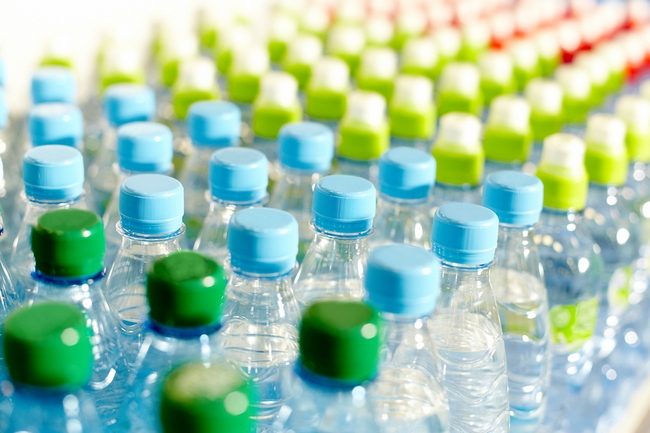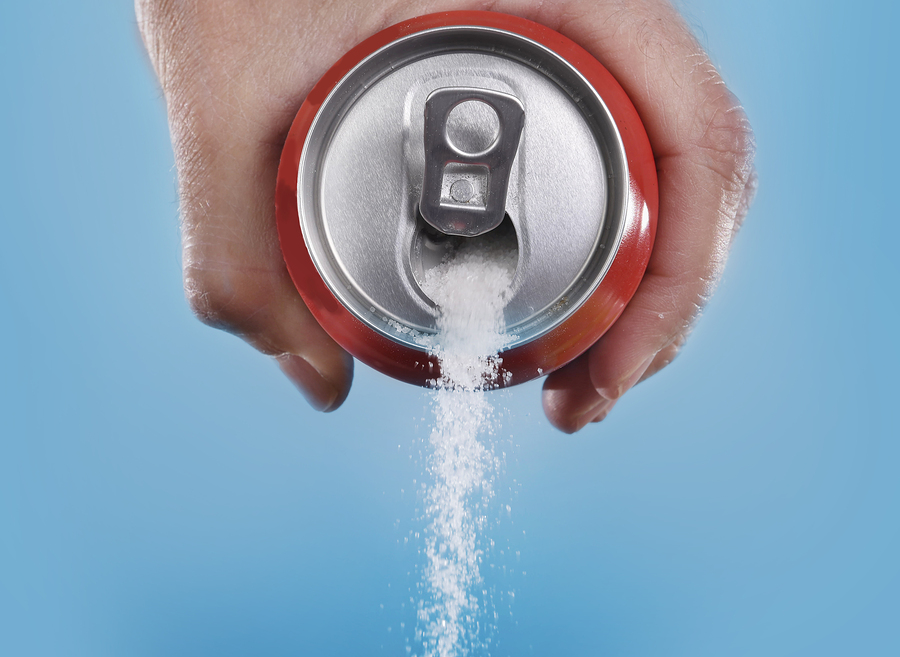- Make It Yourself Lavender Heart-Shaped Bath Bombs!
- 20 Things You Never Knew About “Down There”
- 12 Best Foods For Those Suffering From Arthritis Pain
- 12 Personal Hygiene Mistakes Almost Everyone Makes (Mom Never Told You About #4!)
- 15 Medicinal Plants And Herbs From The Cherokee People
- 12 Mind-Blowing Benefits Of Drinking Coconut Water During Pregnancy
- 12 Outstanding Winter Foods That Won’t Fatten You Up Like A Christmas Turkey
14 Things You Must Get Rid Of To Save Your Health

Photo credit: bigstock.com
All you have to do is look around to see how much stuff we seem to accumulate throughout our lives. It becomes even more apparent when it comes time to pack up our belongings when we have to move to another location. There seem to be so many things that we have that we either no longer use or have never used and just never disposed of.
We have products, expired foods, cleaning items, and old makeup that are just taking up space. There are things we are not going to use and the only thing to do with them is to toss them out. The good thing is that when you get rid of things you are not using, you make room for new things that you will use.
Some things are just an inconvenience, but others can actually be dangerous. There are so many things you should check on regularly to see whether they are no longer good to use. Here is a list of 14 things you should toss out in order to preserve your sanity and health.
1. Artificial sweeteners
Of all the artificial sweeteners that have been produced, aspartame (Equal) and sucralose (Splenda) are the two most popular. Because they have virtually no carbohydrates or calories, they are favored by dieters over using sugar. The problem is that every day more and more research shows that aspartame can cause anything from heart attacks, strokes, Alzheimer’s disease, and diabetes.
2. Cleaning products with a lot of chemicals
After hearing about the dangers that can occur by using specific cleaning products that use chemicals, more people are going the natural route. It is cheaper, more convenient, and safer to use baking soda vinegar, lemon juice, hydrogen peroxide, and essential oils.
Continue to Page 2

Photo credit: bigstock.com
3. Plastic containers and bottles
It has been determined that the use of plastic bottles used for water is very dangerous due to the makeup of the bottle. The same can be said for containers that are used to reheat up food in the microwave. Bisphenol-A, or BPA, and bisphenol-S, or BPS, are the culprits so it is best to lose the plastic and return to glass containers.
4. Dairy
More people than ever are finding out that they are lactose intolerant. Many people did not know that consuming cow’s milk was disrupting their stomachs with up to 75 percent of the population unable to digest this type of milk. You may want to try different milk offerings available at your grocery store.
5. Certain kinds of meat
While meat and potatoes used to be the main meal choice, today more people are switching to a plant-based diet in order to avoid cardiovascular issues. You can still enjoy poultry and seafood but heavy fatty beef dishes could send you in for a surprise heart by-pass procedure.
6. Air fresheners
Air fresheners are more popular than ever. The bad news is the ingredients in these fresheners have been found to contribute to damage to your lungs as well as causing your organs to become toxic. Look for natural fresheners or soy candles to improve the aroma in your home.
Continue to Page 3

Photo credit: bigstockphoto.com
7. Diet soda
Diet soda is another one of those products that was created in order to wean us off of drinking sugary sodas but ended up to be just as bad for your health. The artificial sweeteners are not healthy and people who consume diet sodas seem to drink quite a few each day. Switch to infused water you can create yourself by putting slices of fresh fruit in your water to give it a slight additional flavor.
8. Old running shoes
If you wear your running shoes every day in order to exercise, jog, or walk, make sure you get rid of them when they begin to look shabby. You will have probably broken down any reinforcements or sole support measures that were there when you first bought them. As they break down, your feet will just begin to ache so it is best to get rid of the old shoes so you can make room for brand new shoes that will make your feet feel great again.
9. Toothbrushes more than 3 months old
Toothbrushes should be tossed out and new ones replace them every 3 months. When toothbrushes get worn out, they will begin to lose their effectiveness in working on your gums, cleaning your teeth, and removing any particles that could result in cavities.
10. Mascara more than 2 months old
It is a fact that after 6 months to a year most makeup that you have purchased could be turning bad. Mascara only has a shelf life of around 2 months. Anything that could affect your eyes and eyesight should be handled with care. Make sure to pitch your old mascara and treat yourself to a new one every couple of months otherwise you could end up with itchy eyes and an infections.
Continue to Page 4

Photo credit: bigstock.com
11. Old spices
The best thing you can do is mark down the date that you purchase your spices so you know to replace them every year. After that they will lose their effectiveness and there’s a chance they will ruin your cooked dishes.
12. Lipsticks more than 6 months old
If you ever apply a lipstick and your lips begin to burn, your lipstick is probably outdated. You run the risk of getting an infection if you try using old lipstick instead of investing in a new one.
13. Kitchen sponges
Make sure to keep your sponges clean as long as you can by putting them on the top shelf of your dishwasher to clean them. After a couple of months invest in a new set of brand new sponges so you don’t spread germs all over your kitchen.
READ ALSO: Easy Ways To Get Rid Of Bad Breath
14. Old clothes and bras
Wearing the same old clothes will make you look dreary. If you are keeping new clothes that you haven’t been able to fit into, get rid of them and buy clothing that fits you now. You will immediately look 10 pounds thinner. The same with bras – wearing an old bra will just make your breasts begin to sag. Get your measurements taken by a professional in a lingerie store and you will be surprised at how much better your clothes fit when you wear the right size bra.
References:

































